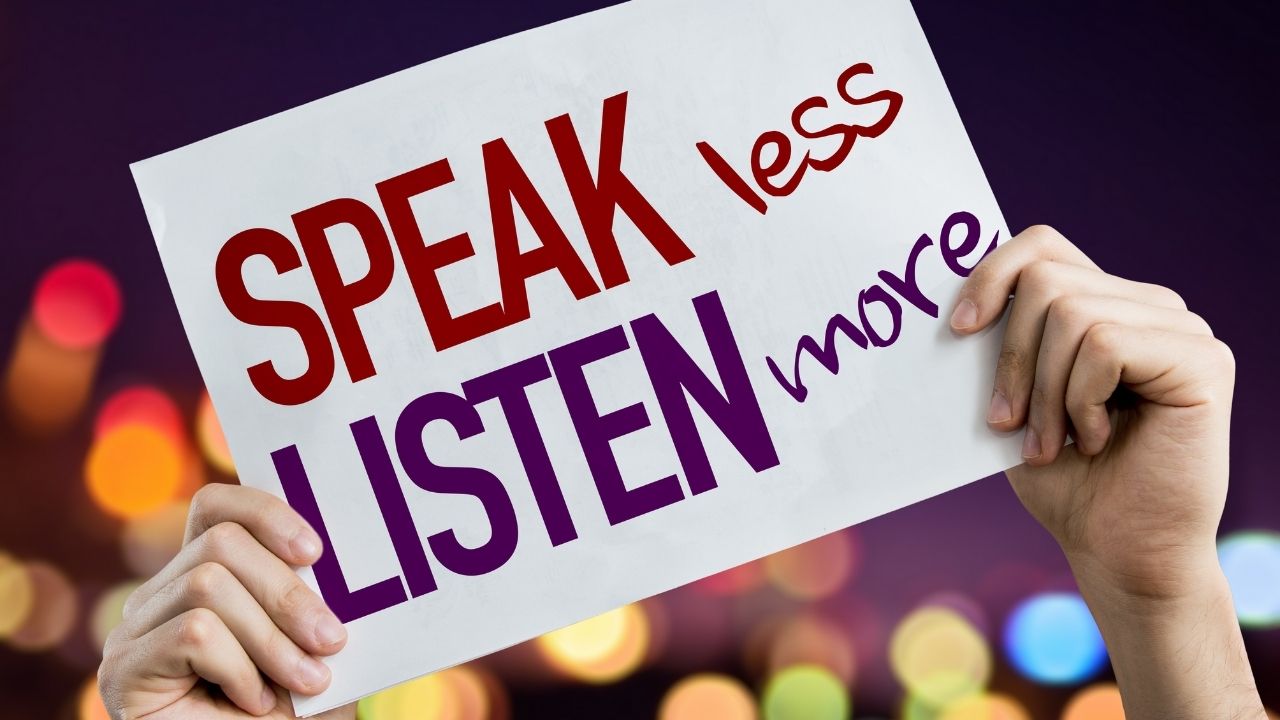Introduction
One would profoundly hope that the Coronavirus, a killer disease, would “bring us together” as a nation. Instead, it has served less to unite us than to underscore what divides us.
Reading daily about this deepening, widespread national polarization has caused me to reflect on the couples I treat and the critical importance of effectively addressing their differences.
However, my clinical experience has shown me that when most couples begin counseling, they have little interest in resolving their differences. Most hold the belief that their relationship would drastically improve if only their partner would see things their way and make a few small alterations in their behavior.
So, what’s the secret to helping people reconcile their differences that keep them apart? How can quarreling couples and people with opposing political beliefs come together?
The Way Out of the Impasse; The Lost Art of Listening
First, I must remind my clients that it’s easy to understand their own point of view; it’s much harder to see where their partner is coming from.
Although the natural inclination is to dig in one’s heels, insist that their way is the only way and either the other person changes or the relationship is doomed, trying to change another person is a tall order and is likely to make the conflict worse.
Therefore, the first step in eliciting change from the other is to demonstrate acceptance of their unique position.
The simple truth is that we never outgrow the need to have our feelings and ideas known. A sympathetic ear is a very powerful force in human relationships.
We hurt each other unnecessarily by failing to acknowledge what the other has to say, even if we think it makes no sense, is irrational or downright dumb.
The failure to be listened to and understood inevitably impoverishes our relationships
This does not mean that the differences and conflicts disappear once one acknowledges their partner’s point of view, but it’s almost certain to make it worse if they don’t.
Conclusion
Why don’t we take the time to listen to each other? Because the simple art of listening isn’t so simple.
Because, to listen well, we must forget ourselves and submit to the other person’s need for attention.
I’ve tried to become a better listener, in my personal as well as professional life. However, recently I’ve had a few conversations that left me feeling bruised and defeated.
Listening to people defining the coronavirus as a hoax is strenuous and takes unselfish restraint. In those conversations, it’s so easy to react to what is being said, rather than concentrating on what the other person is trying to express. I imagine many of you can relate to this.
Likewise, when I listen to couples in heated discussions, I must be extremely careful to make sure both sides are heard and to identify the emotional triggers that generate anxiety in me and cause me to have defensive responses.
Can our country and warring couples put themselves back together again?
Sure, they can. However, it requires temporarily suspending an interest in one’s self, resisting the urge to set the other person straight, and ultimately the ability to reach across the divided space and pay close attention to what the other has to say.
This isn’t always easy, but we must, in the end, try to reconcile the differences that keep us apart.
If you have any questions, click here to schedule your initial consult.


0 Comments